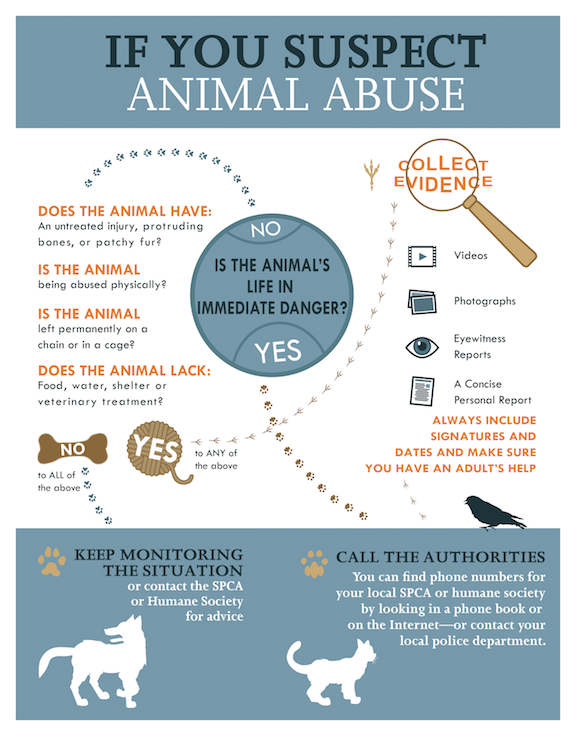Animal cruelty is a serious accusation that can tarnish reputations and alter lives irrevocably. In an age where awareness of animal rights is gaining traction, it is vital for individuals accused of such heinous acts to understand the avenues available for clearing their names. This article delves into the intricacies of navigating the legal labyrinth associated with animal cruelty charges while offering practical guidance for those embroiled in such unfortunate circumstances.
The initial step when faced with animal cruelty allegations involves comprehending the specific charges levied against you. Many jurisdictions categorize animal cruelty offenses into distinct types, such as neglect, abuse, hoarding, or organized activities involving animal fighting. Each of these classifications may carry different legal implications, coupled with unique defenses. Knowledge of the precise nature of the allegations is essential.
Next, it is imperative to engage a legal professional well-versed in animal law. The nuances of this legal field can be complex and multifaceted. A specialized attorney will possess the requisite expertise to navigate the complexities of your case, providing insight into local statutes and precedents that may pertain to your situation. Furthermore, they can advise on the most effective defense strategies, whether that involves challenging the evidence presented against you or highlighting the contextual factors surrounding the allegations.
Gathering evidence to support your case is essential. This process might include collecting photographic documentation to refute claims of neglect or abuse. For instance, images that illustrate the proper care and living conditions of the animals in question can serve as pivotal evidence. Testimonies from credible witnesses, such as veterinarians or animal care professionals, can bolster your defense, corroborating your assertions of responsible animal stewardship.
In many cases, animal cruelty charges may arise from misunderstandings or misinformation. For instance, a person may observe an animal in distress due to legitimate medical conditions rather than negligence. In such scenarios, presenting veterinary records can clarify your commitment to animal welfare. These documents serve as testimonials to the extent and quality of care provided, further establishing your innocence.
Moreover, understanding the role of animal control agencies and local authorities is crucial. Often, allegations of cruelty prompt investigations by these organizations. Cooperating with their inquiries can potentially alleviate misunderstandings. Offering transparency and openness may mitigate the situation, fostering a cooperative relationship with the authorities involved. This alliance can serve as evidence of your willingness to prioritize animal welfare.
It is important to be cognizant of public perception and media portrayal during this tumultuous time. Animal cruelty allegations often garner significant media attention, which can further tarnish one’s reputation. Engaging a public relations expert may prove beneficial. They can guide you in crafting statements that convey your side of the story, ensuring that your narrative is effectively communicated while avoiding further sensationalism. Additionally, this expert can help manage any fallout from public perception, allowing you to concentrate on resolving the legal matters at hand.
During this ordeal, self-care should not be overlooked. Being accused of such a serious crime can be emotionally taxing. It is crucial to surround yourself with a strong support system, including friends, family, or mental health professionals who can provide emotional fortitude. Maintaining a clear head will aid in making rational decisions, whether that entails courtroom strategy or public communications.
In parallel with legal strategies, involving yourself in animal welfare initiatives can positively impact your case. Demonstrating your commitment to animal rights through community service, volunteering at shelters, or participating in advocacy programs can showcase your dedication to animal care. This proactive stance may influence perceptions surrounding your case, helping to establish a narrative of compassion and responsibility.
As legal proceedings unfold, understanding the potential consequences of a conviction can influence your approach to the case. In many jurisdictions, animal cruelty convictions may carry severe penalties, including fines, mandatory community service, probation, or, in extreme cases, imprisonment. Moreover, a conviction can lead to long-term repercussions, such as restrictions on pet ownership or employment opportunities in animal-related fields. Being acutely aware of these ramifications can inform your strategy and motivation to clear your name.
As you traverse this challenging journey, remember the importance of patience and resilience. Clearing your name from animal cruelty charges may take considerable time, effort, and resources. Maintaining a steadfast spirit is vital. Forge ahead with determination, and remain focused on your objectives. Every action, from building a robust defense to fostering community relationships, can contribute to your ultimate goal: restoring your reputation and ensuring the sanctity of animal rights.
In summary, clearing your name from animal cruelty charges necessitates a comprehensive, multifaceted approach. By understanding the charges, procuring expert legal counsel, gathering supporting evidence, cooperating with local authorities, managing public perception, and prioritizing emotional well-being, individuals can effectively navigate this complex landscape. Moreover, by demonstrating a genuine commitment to animal welfare, one can positively influence public perception, ultimately leading to the restoration of one’s reputation. While the road may be fraught with challenges, a proactive stance and resolute determination will pave the way toward resolution.








